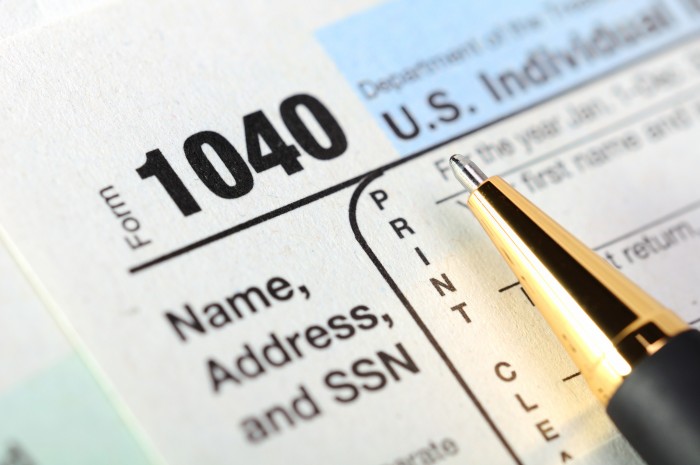As a “tax guy” I follow the Taxgirl blog at Forbes of Kelly Phillips. Because her posts are practical, not philosophical, they can profitably be read by Americans of any political persuasion.
A recent post of Kelly’s was titled “10 Things You Absolutely Need To Know About Taxes.” Reading them got me thinking that there are 10 other things you absolutely need to know about taxes that are far more important.
Here are the opening sentences to each of the 10 things Kelly explained:
You may not have to file a federal income tax return.
Even if you don’t need to file a federal income tax return, you may still want to take advantage of tax breaks and credits.
You don’t have to itemize to take advantage of certain deductions like the student loan interest deduction.
If you’re self-employed, you likely need to make estimated payments.
You should file a return even if you can’t pay your tax bill.
Due dates matter.
An extension of time to file is not the same as an extension of time to pay.
Once the year-end passes, you still have one more opportunity to reduce your tax bill.
If you fail to file and pay, the government can take some pretty drastic measures – even seizing your passport.
A good tax preparer doesn’t have to break the bank.
There is no doubt that Kelly’s explanation of these things may help people as they get ready to file their taxes for last year during the upcoming tax season. But the 10 other things you absolutely need to know about taxes are things you need to know every day of the year.
1. Taxation is government theft. On this point, I cannot improve upon the late, great Murray Rothbard:
All other persons and groups in society (except for acknowledged and sporadic criminals such as thieves and bank robbers) obtain their income voluntarily: either by selling goods and services to the consuming public, or by voluntary gift (e.g., membership in a club or association, bequest, or inheritance). Only the State obtains its revenue by coercion, by threatening dire penalties should the income not be forthcoming. That coercion is known as “taxation,” although in less regularized epochs it was often known as “tribute.” Taxation is theft, purely and simply even though it is theft on a grand and colossal scale which no acknowledged criminals could hope to match. It is a compulsory seizure of the property of the State’s inhabitants, or subjects.
To say that taxation is not government theft is to say that the government is entitled to a portion of every American’s income. (continue reading)
